Notable Native American women they didn’t teach us about in school
Native American history is rich with stories of powerful women who have made significant contributions to their communities and beyond. These stories often go untold, overshadowed by mainstream narratives.
Today, we celebrate some of these remarkable women, each a heroine in her own right. By diving into their lives, we honor their legacy and gain a deeper understanding of the diverse tapestry that is American history.
Wilma Mankiller: Trailblazer for Indigenous Leadership
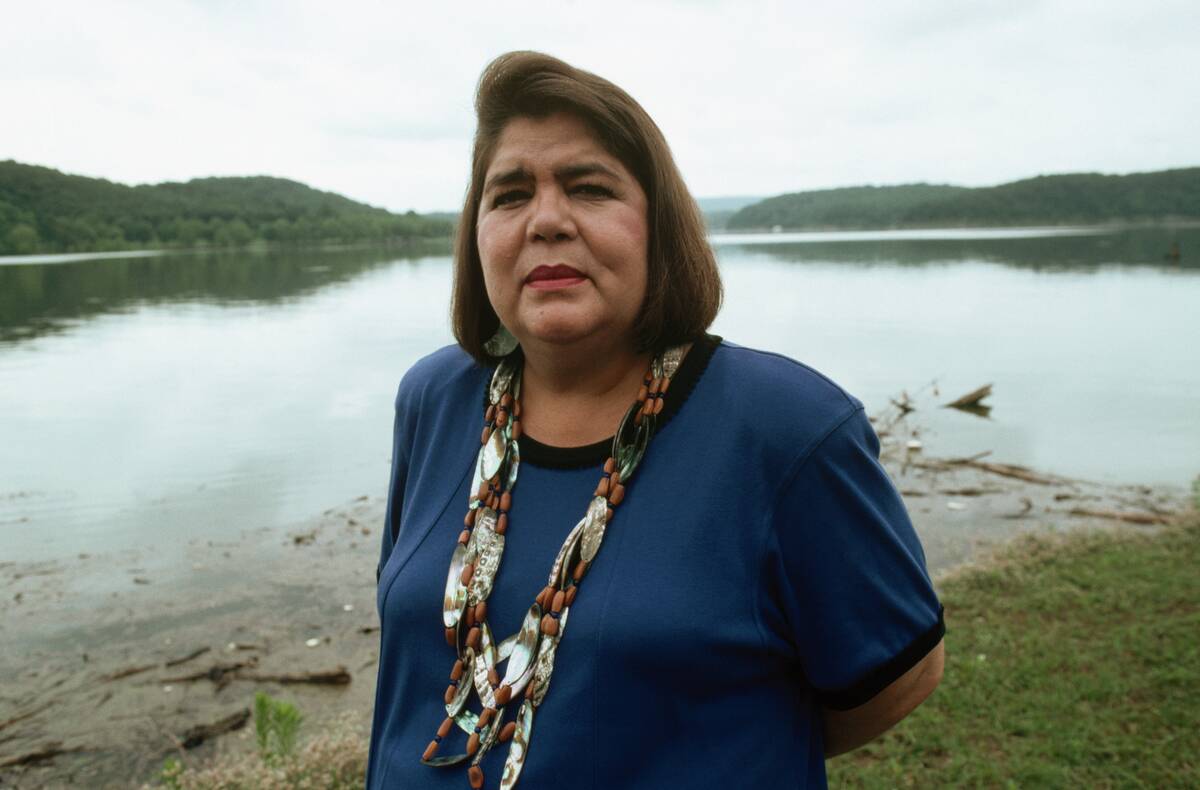
Wilma Mankiller was the first woman elected as Principal Chief of the Cherokee Nation, serving from 1985 to 1995. Her leadership was marked by a focus on improving education, healthcare, and tribal self-governance.
Mankiller’s tenure was a transformative period for the Cherokee people, emphasizing community-building and self-sufficiency. Her inspirational story is a testament to the power of determined leadership and the impact of strong female role models.
Maria Tallchief: Ballerina Who Danced into History
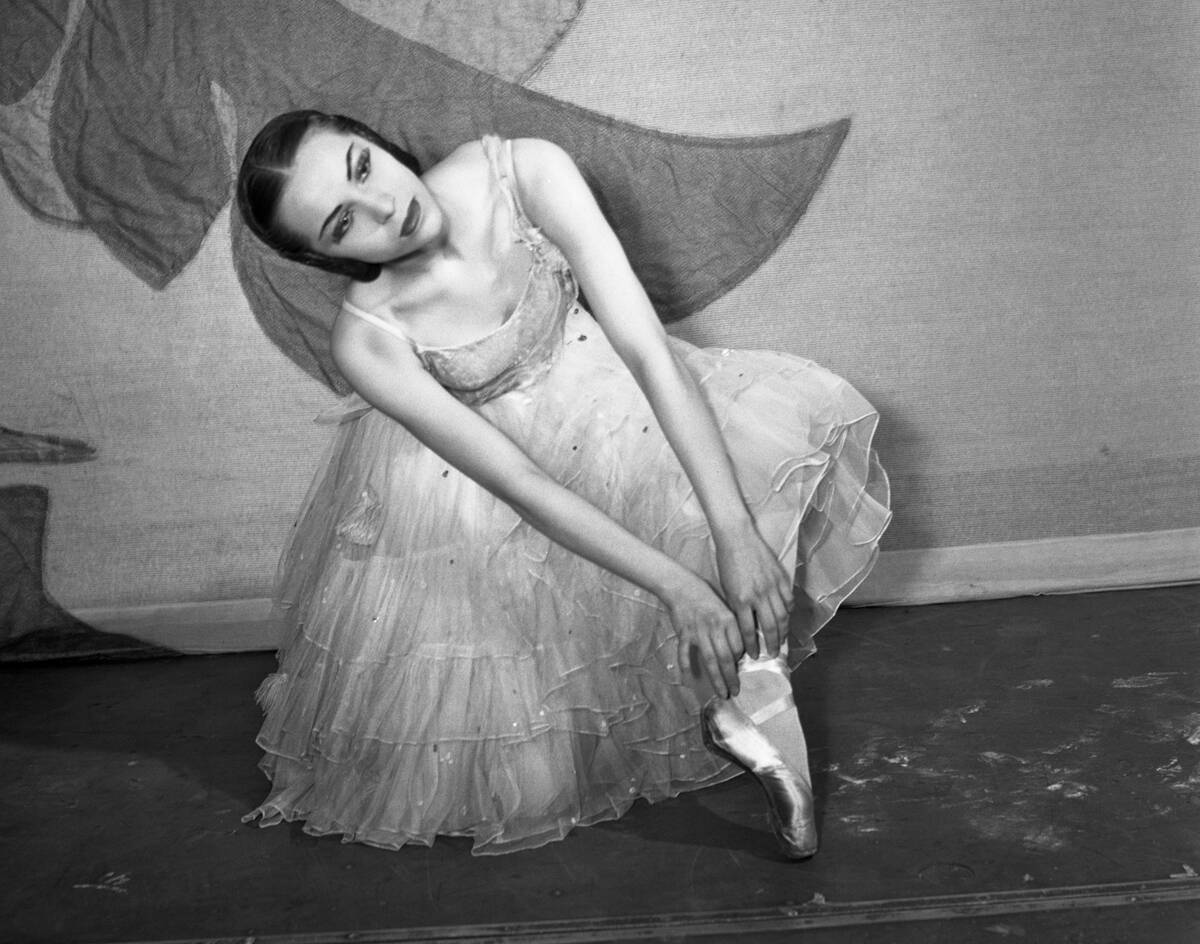
Maria Tallchief was America’s first major prima ballerina and a member of the Osage Nation. Her groundbreaking performances with the New York City Ballet in the mid-20th century elevated her to international stardom.
Tallchief’s role in The Firebird and The Nutcracker are legendary, and she played a key role in popularizing ballet in the United States. Her legacy continues to inspire young dancers, proving that passion and talent know no cultural bounds.
Zitkala-Ša: The Voice of Native American Literature
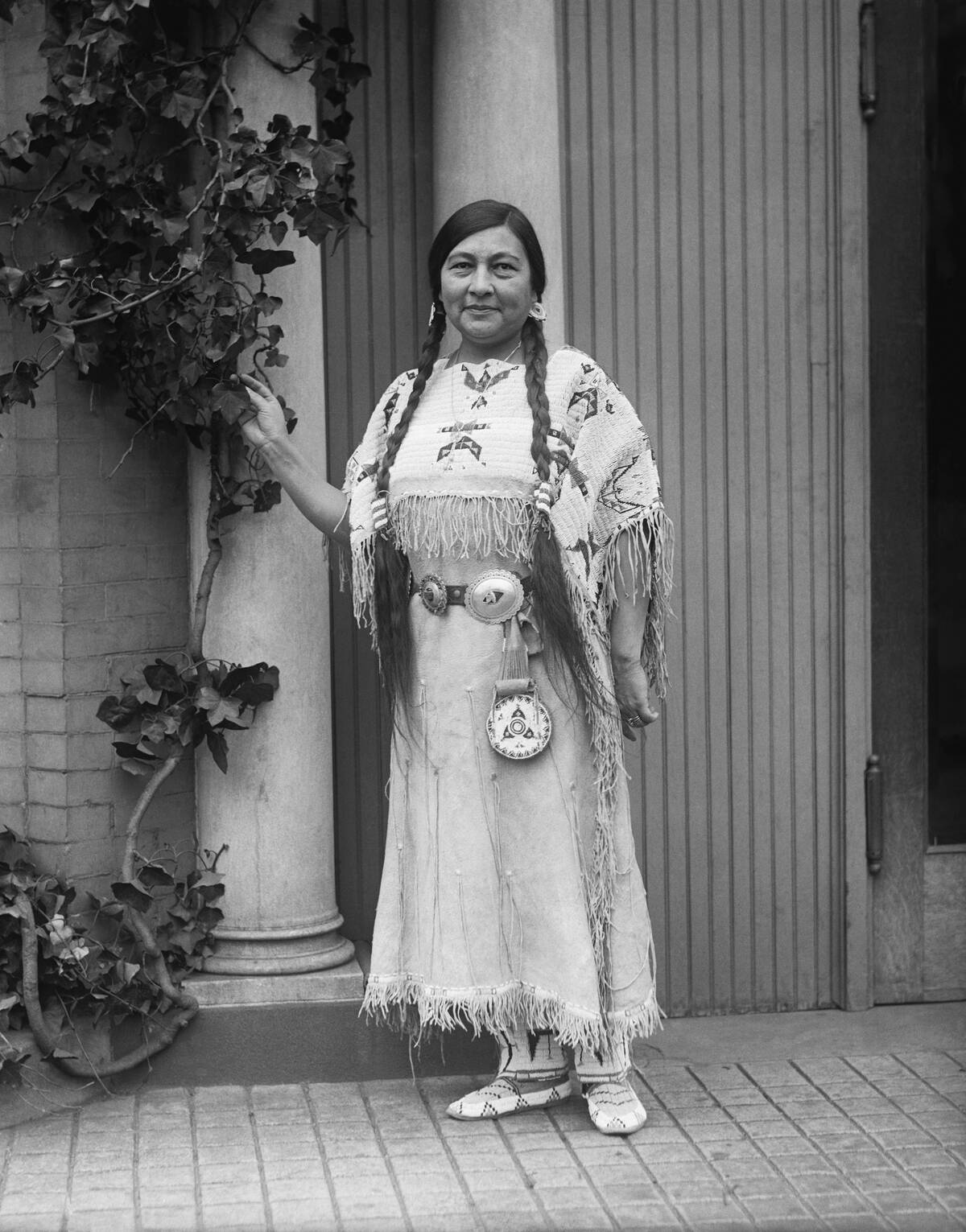
Zitkala-Ša, also known as Gertrude Simmons Bonnin, was a pioneering author, musician, and activist. Born in 1876 on the Yankton Indian Reservation, she used her writing to bridge Native American and white American cultures.
Her autobiographical works highlight the struggle of maintaining cultural identity in a changing world. Zitkala-Ša co-founded the National Council of American Indians, advocating tirelessly for Native rights through her eloquent storytelling.
Lozen: The Apache Warrior and Strategist
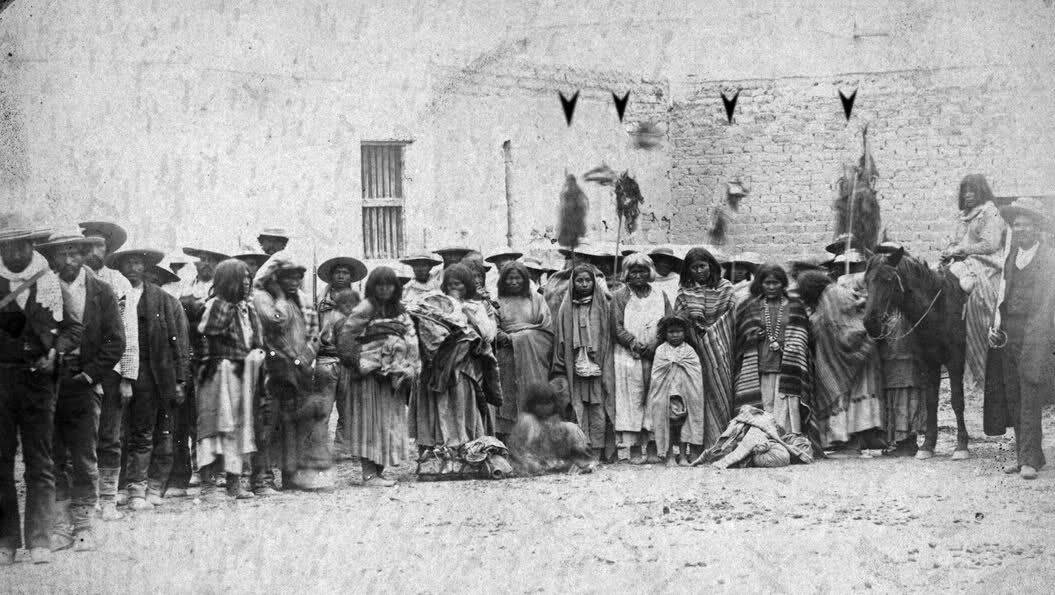
Lozen was a skilled warrior and strategist of the Apache tribe, known for her role in resisting U.S. military forces in the late 19th century. Known as the “Apache Joan of Arc,” Lozen fought alongside her brother, Chief Victorio.
She possessed a unique ability to sense enemies’ movements, which proved invaluable in battle. Her courage and tactical genius earned her a revered place in Apache history, showcasing the strength and resilience of Indigenous women warriors.
Elouise Cobell: The Banker Who Fought for Justice
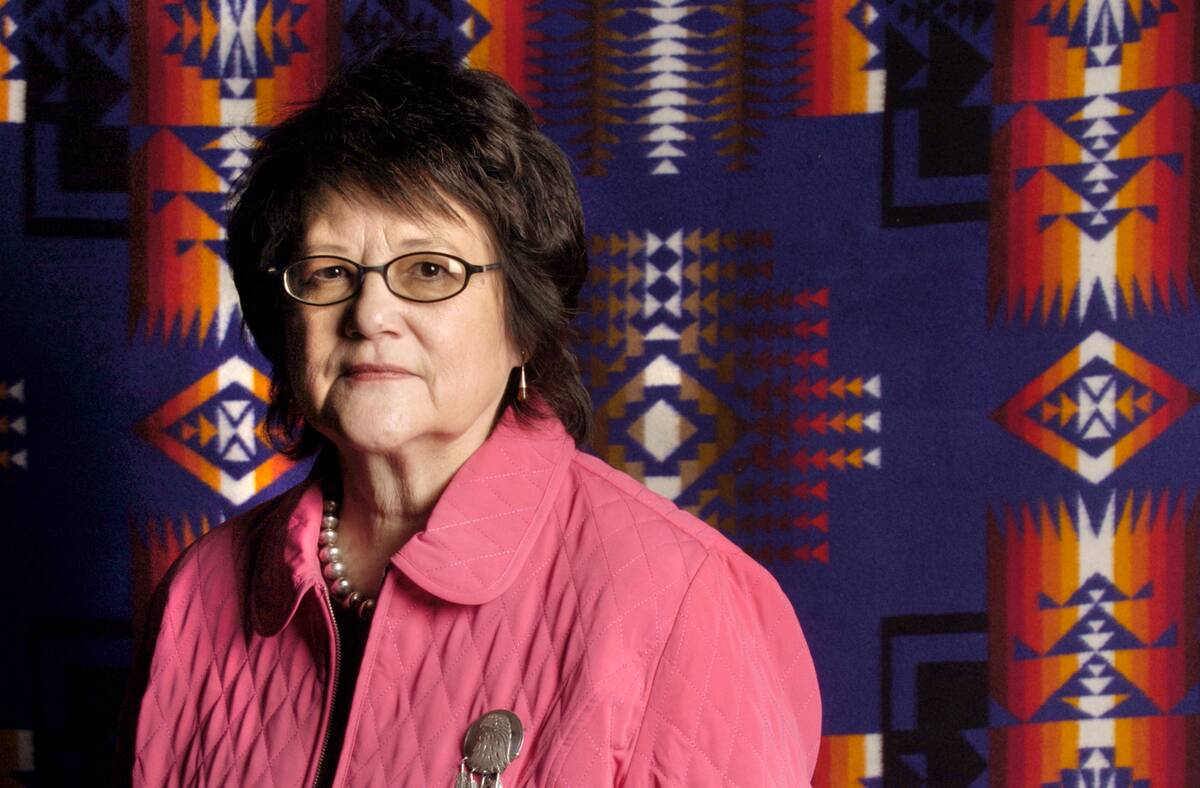
Elouise Cobell, a member of the Blackfoot Nation, was a banker and activist known for her role in the landmark Cobell v. Salazar case. Her efforts led to a $3.4 billion settlement for the mismanagement of Native American trust funds by the U.S. government.
Cobell’s relentless pursuit of justice spanned over 15 years, solidifying her legacy as a champion for Indigenous rights. Her work has paved the way for greater financial accountability and transparency.
Winona LaDuke: Advocate for Environmental and Indigenous Rights
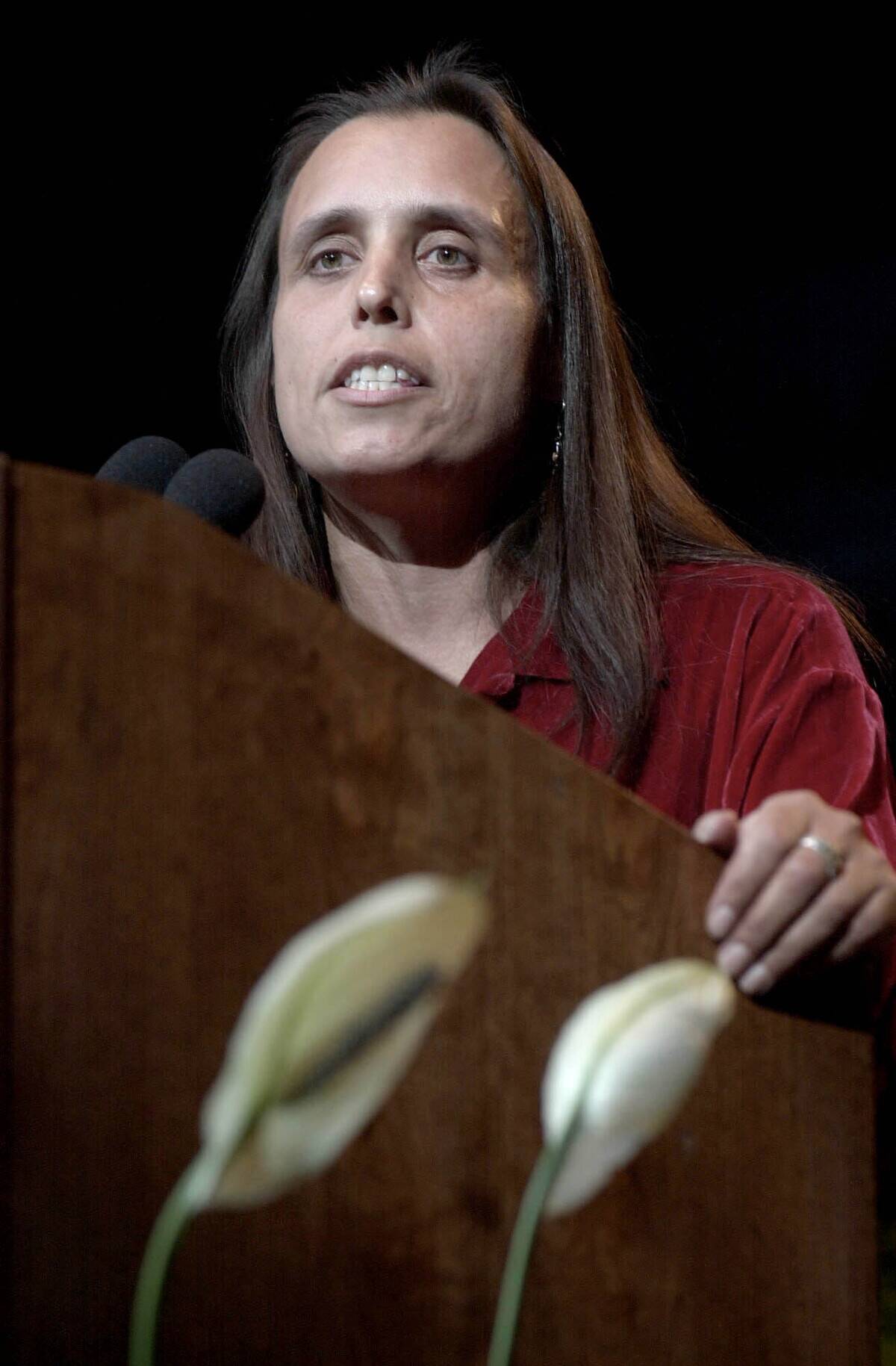
Winona LaDuke is a renowned environmentalist and member of the White Earth Ojibwe Nation. Her activism focuses on sustainable development and the protection of Native lands from exploitation.
LaDuke co-founded the Indigenous Women’s Network and the White Earth Land Recovery Project, emphasizing the importance of preserving Indigenous culture and natural resources. Her advocacy work continues to inspire a new generation of environmental and Indigenous rights activists.
Susan La Flesche Picotte: First Native American Woman Physician
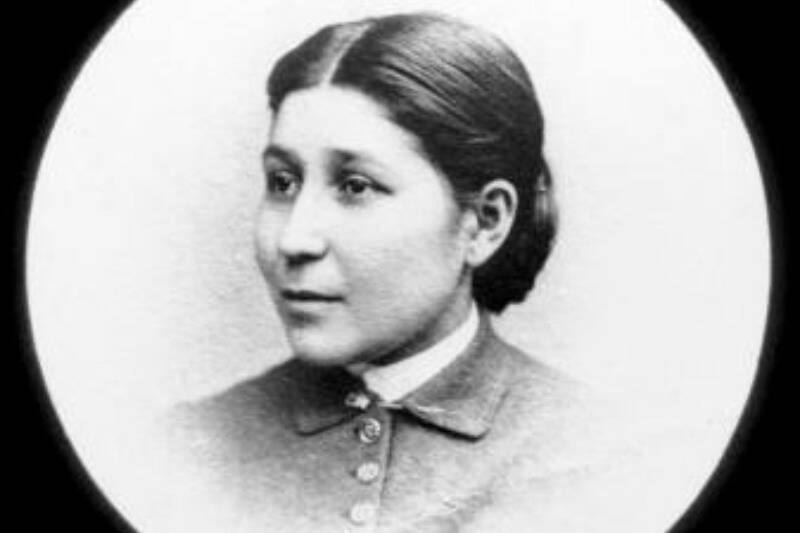
Susan La Flesche Picotte broke barriers as the first Native American woman to earn a medical degree in the United States, graduating in 1889. A member of the Omaha Tribe, she dedicated her life to improving healthcare for Native Americans.
Picotte’s commitment to serving her community extended beyond medicine, as she also advocated for public health and social reform. Her pioneering work laid the foundation for future generations of Native healthcare professionals.
Lyda Conley: Legal Pioneer in Protecting Native Burial Grounds
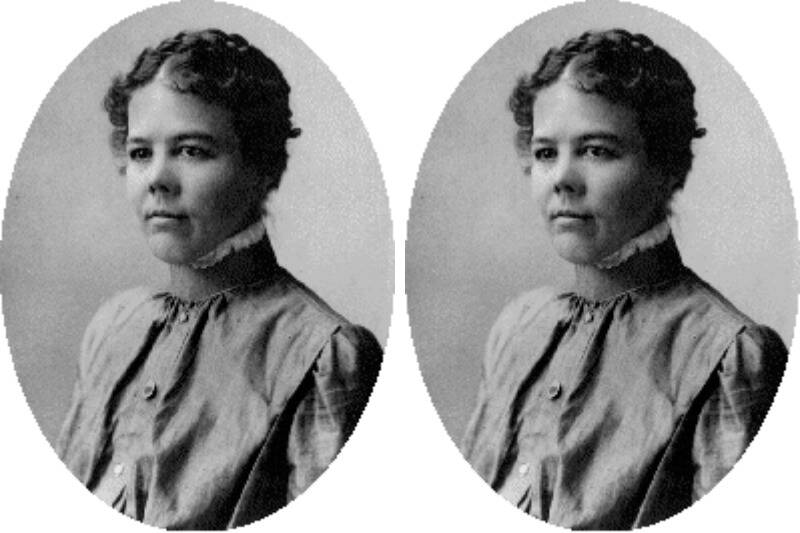
Lyda Conley was the first Native American woman to argue a case before the U.S. Supreme Court. A member of the Wyandot Nation, she fought to protect her ancestors’ burial grounds from being sold by the federal government.
Although she lost the case, her activism led to the creation of the Wyandot National Burying Ground, now a protected historical site. Conley’s legal battles underscore the importance of preserving Indigenous heritage and respecting sacred sites.
Annie Dodge Wauneka: Champion for Public Health in Navajo Nation
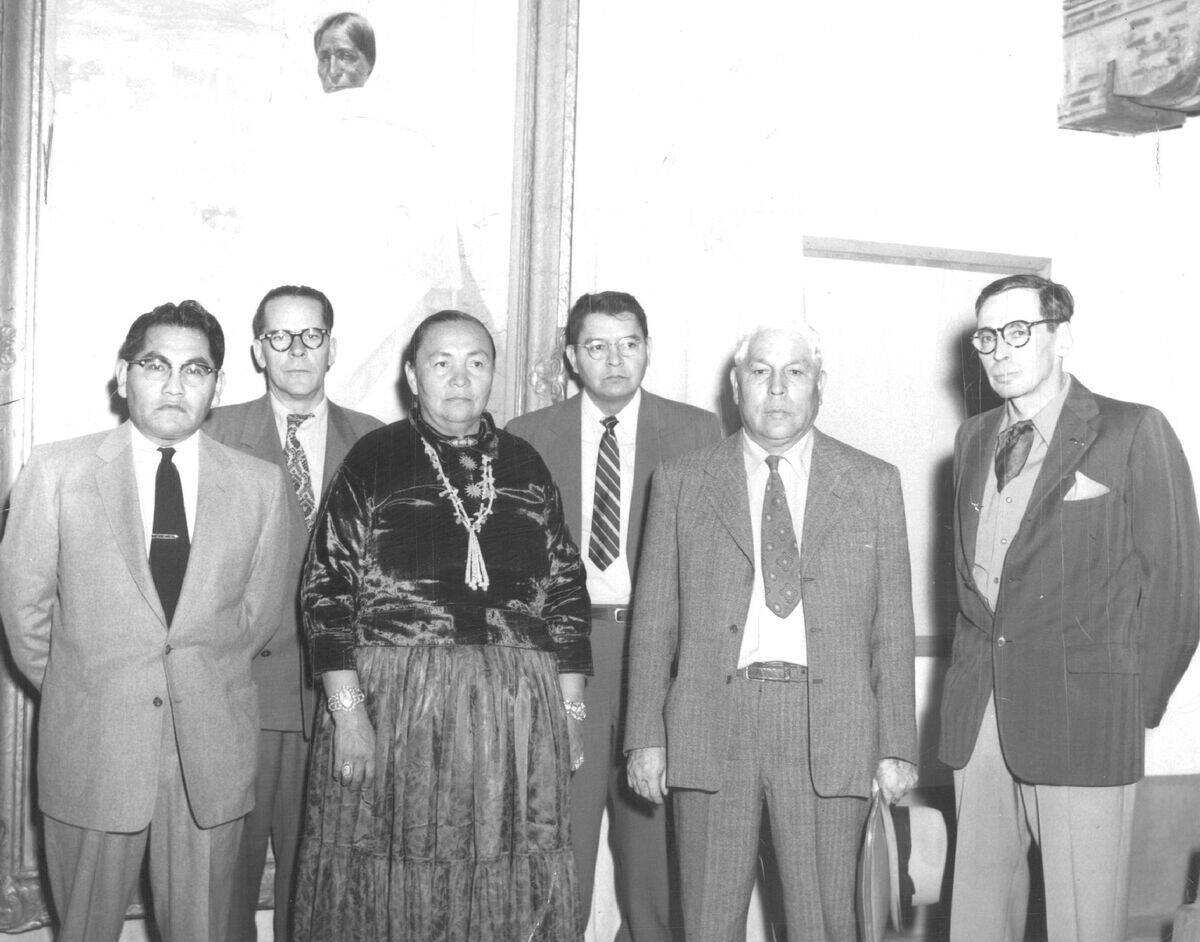
Annie Dodge Wauneka was a prominent Navajo leader dedicated to improving public health standards within her community. As a member of the Navajo Nation Council, she initiated public health campaigns against tuberculosis and other diseases.
Wauneka’s efforts earned her the Presidential Medal of Freedom in 1963. Her work exemplifies the impact of grassroots activism in bringing about significant health improvements and empowering Indigenous communities.
Deborah Parker: Political Activist and Advocate for Tribal Sovereignty
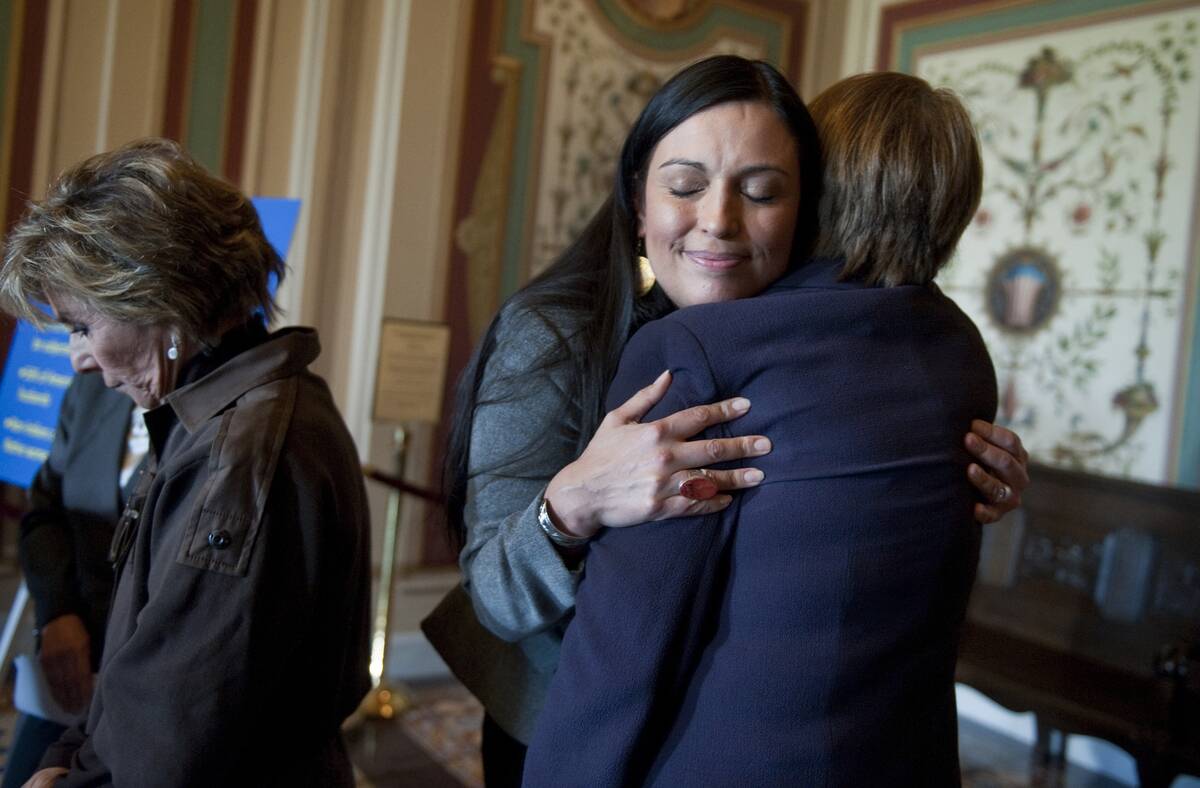
Deborah Parker, a member of the Tulalip Tribes, is a prominent political activist focused on tribal sovereignty and the rights of Indigenous women. Known for her instrumental role in the reauthorization of the Violence Against Women Act, Parker has worked tirelessly to ensure Native American women receive protection under U.S. law.
Her advocacy highlights the critical intersection of gender and Indigenous rights, inspiring continued efforts toward justice and equality.
Buffalo Calf Road Woman: The Unsung Heroine of the Battle of the Rosebud
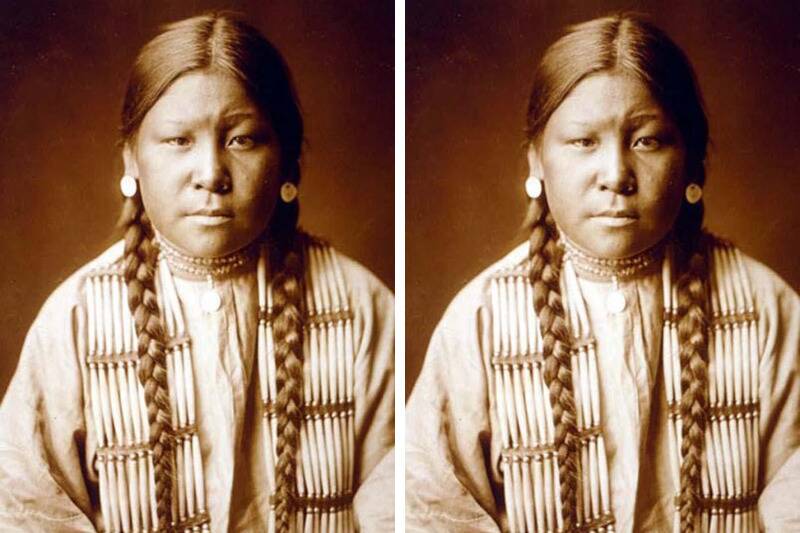
Buffalo Calf Road Woman was a Northern Cheyenne warrior known for her bravery during the Battle of the Rosebud in 1876. She is credited with saving her brother’s life and turning the tide of the battle in favor of the Cheyenne.
Her actions at the Battle of the Little Bighorn further solidified her status as a key figure in Cheyenne resistance efforts. Buffalo Calf Road Woman’s courage has become legendary, embodying the spirit of Indigenous resilience.
Gladys Tantaquidgeon: Preserver of Mohegan Culture and Traditions
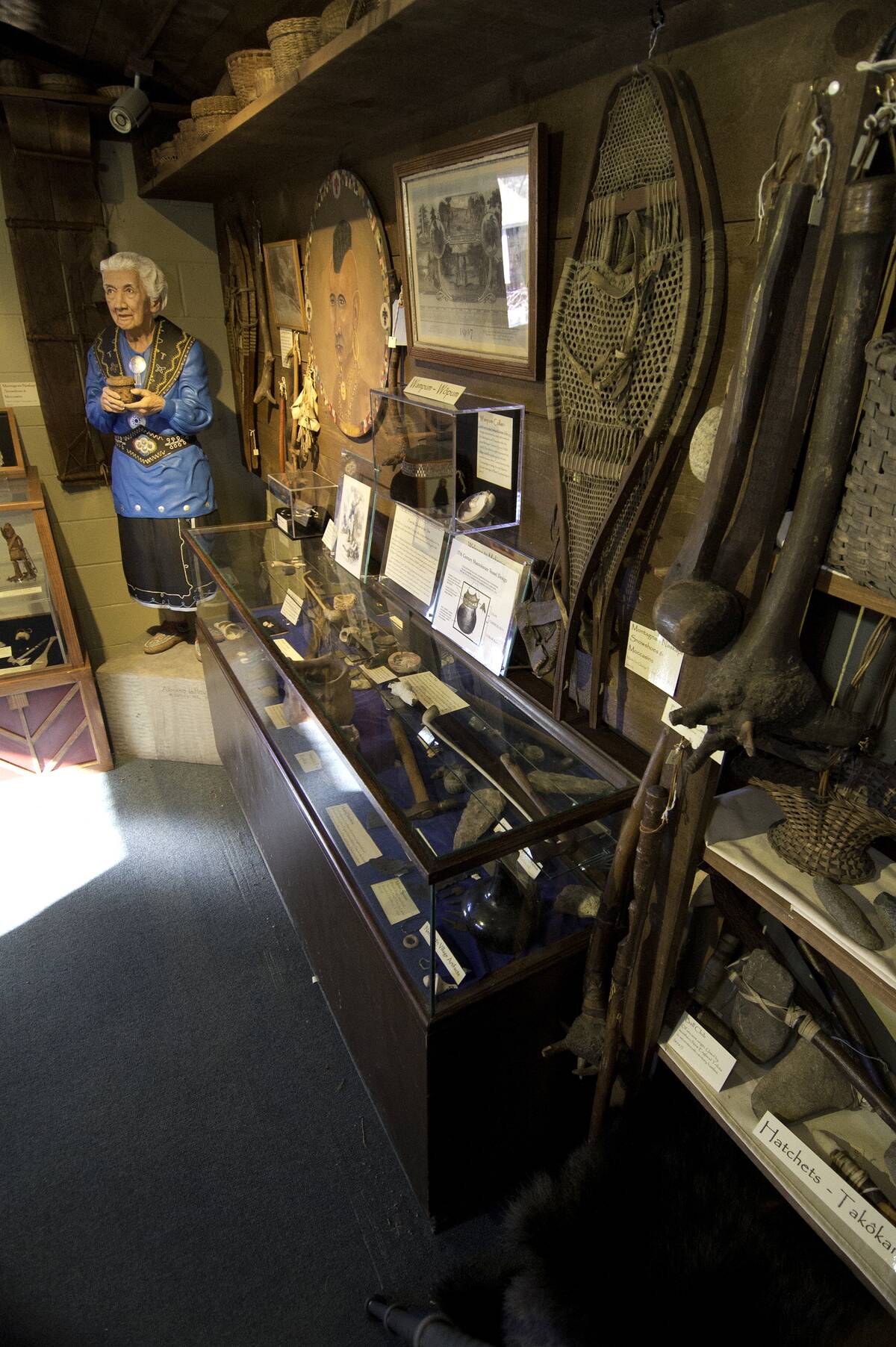
Gladys Tantaquidgeon was a Mohegan medicine woman and anthropologist devoted to preserving her tribe’s culture and traditions. Co-founding the Tantaquidgeon Indian Museum in 1931, she helped safeguard Mohegan history for future generations.
Her work with the Bureau of Indian Affairs and as a tribal historian has been instrumental in cultural preservation. Tantaquidgeon’s lifelong dedication ensures that Mohegan heritage remains vibrant and accessible to all.
Charlene Teters: Artistic Advocate Against Cultural Appropriation
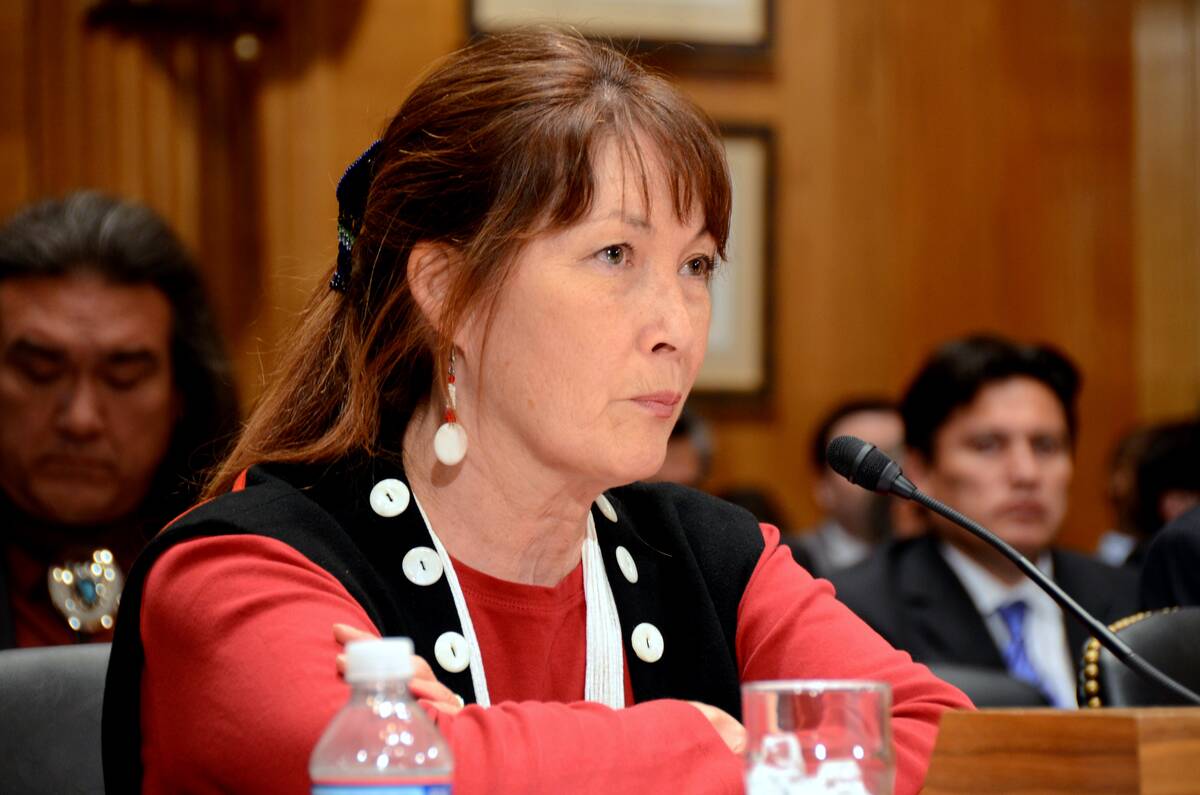
Charlene Teters, a Spokane artist and activist, has long championed the fight against Native American cultural appropriation. Her protest against the University of Illinois’ use of a Native American mascot sparked a national conversation about cultural sensitivity.
Teters’ art and activism challenge stereotypes and advocate for authentic representation. Her efforts have significantly influenced public discourse on cultural respect and awareness, promoting a deeper understanding of Indigenous identity.
Mary Golda Ross: Pioneering Native American Aerospace Engineer
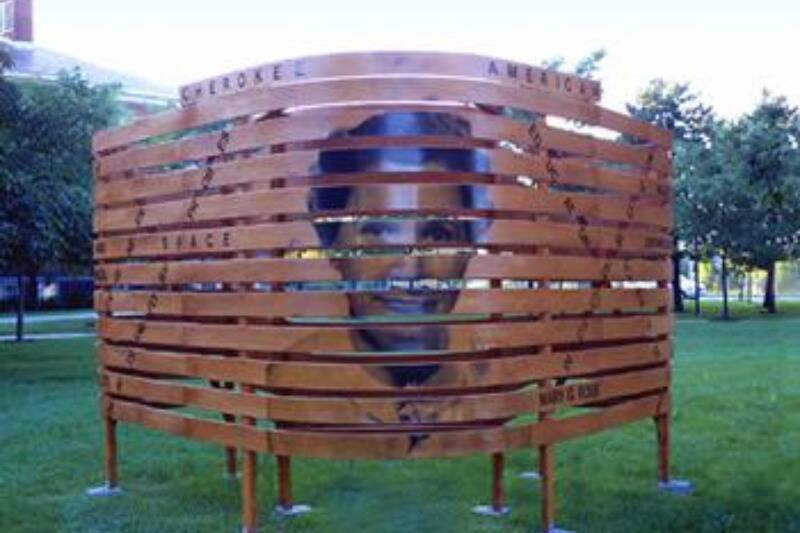
Mary Golda Ross was one of the first Native American female engineers and a trailblazer in the aerospace industry. A member of the Cherokee Nation, she was the only woman on Lockheed’s top-secret Skunk Works team during the 1950s.
Ross contributed to the development of the Agena rocket and other space exploration technologies. Her pioneering spirit and technical expertise broke barriers for Native American women in STEM, inspiring future generations of innovators.



